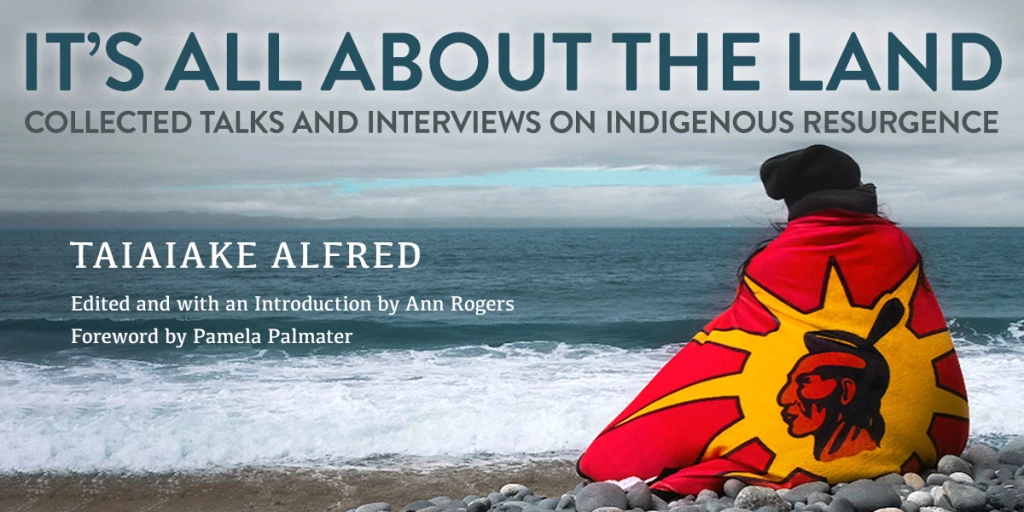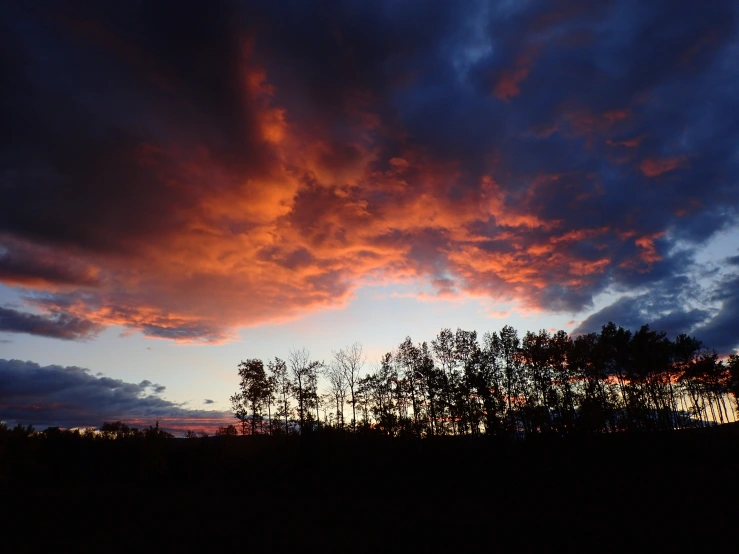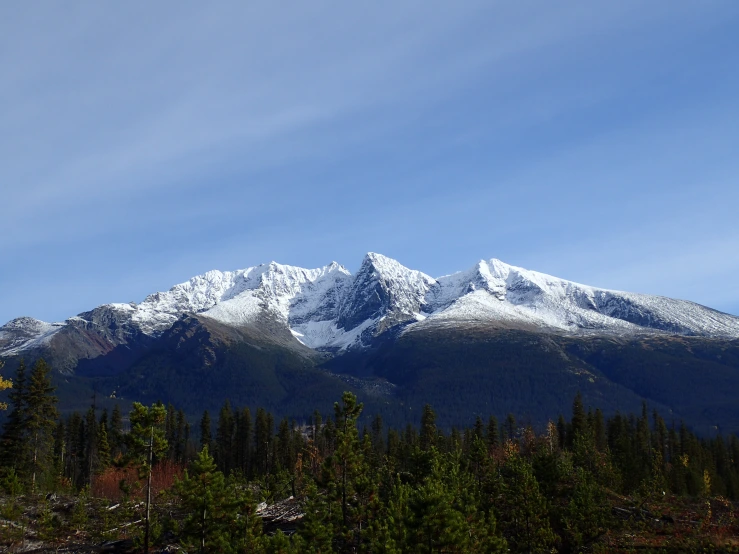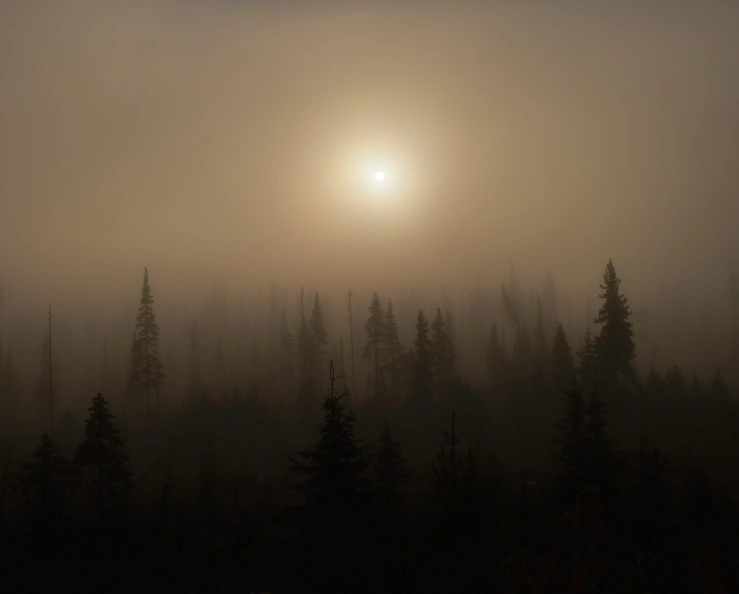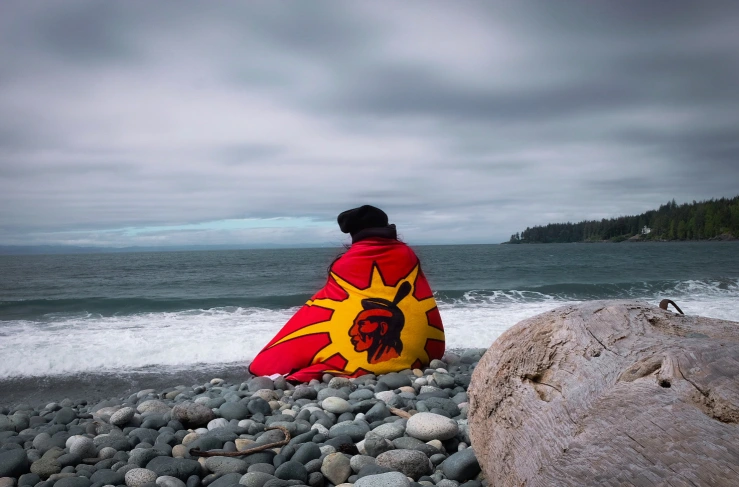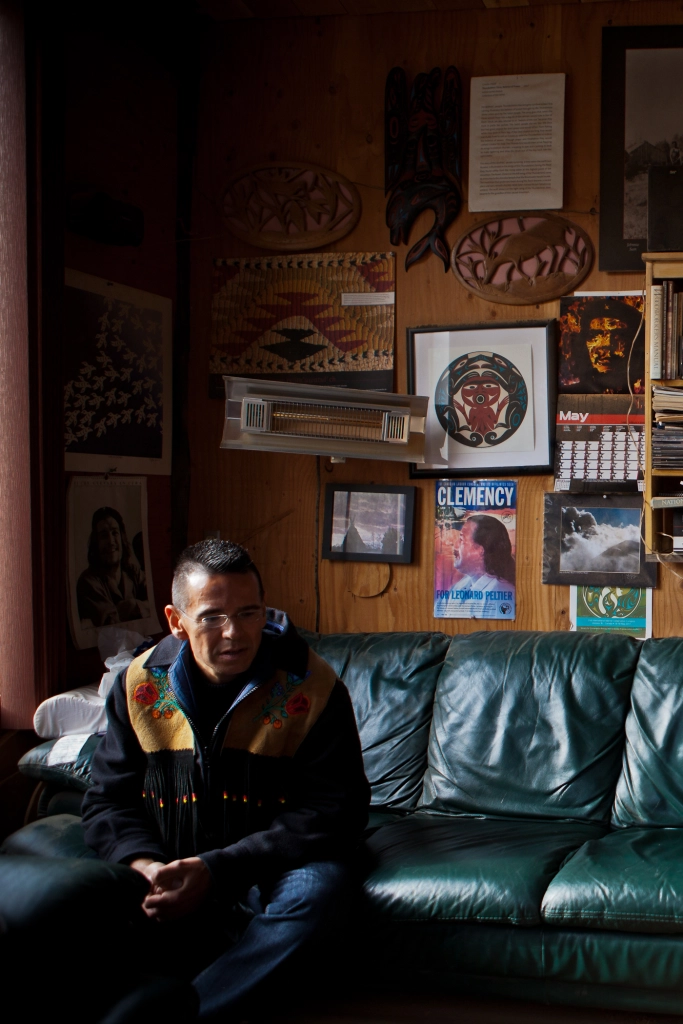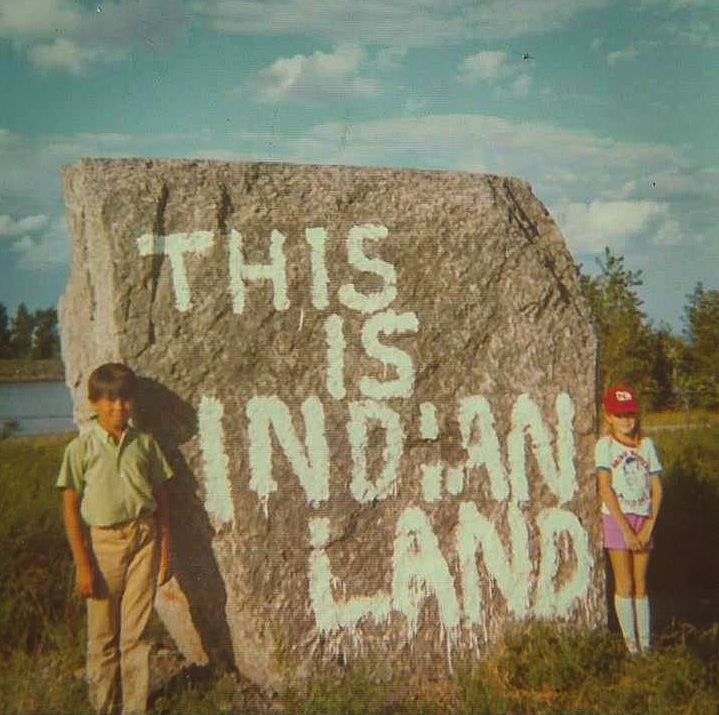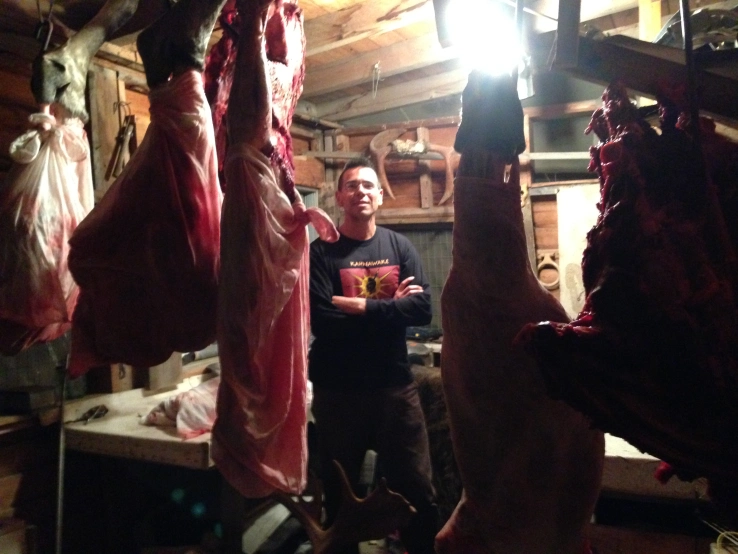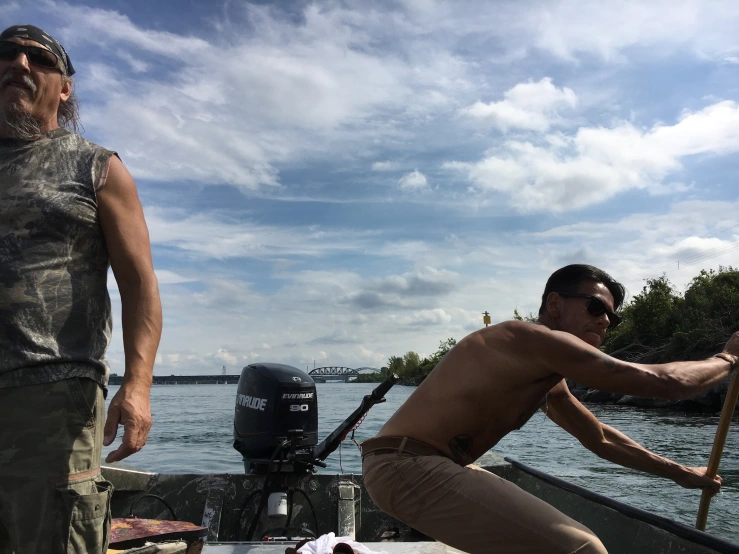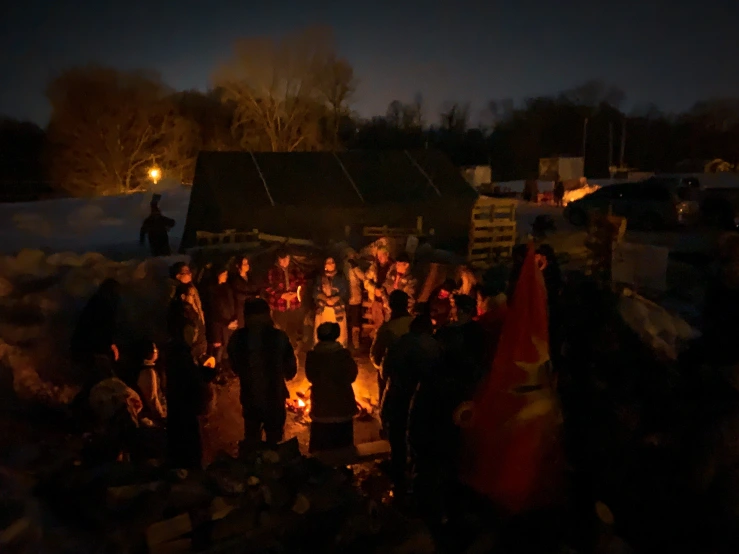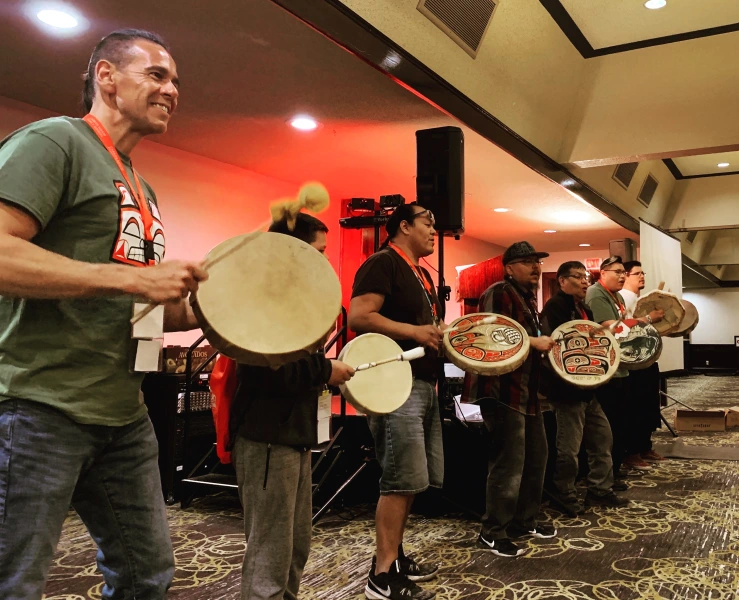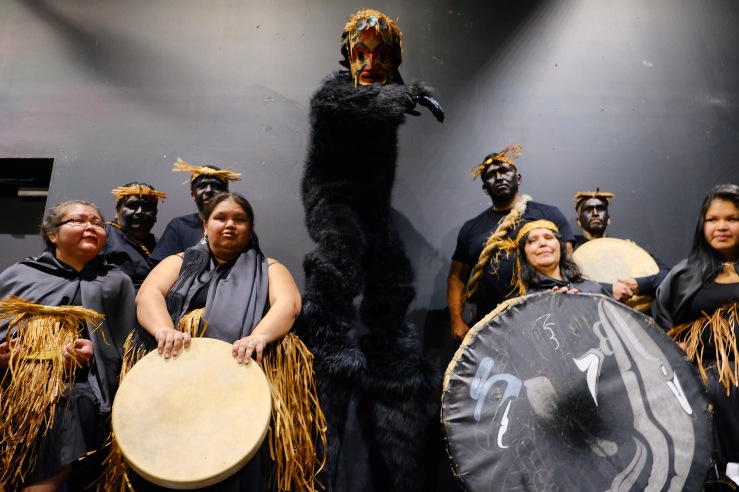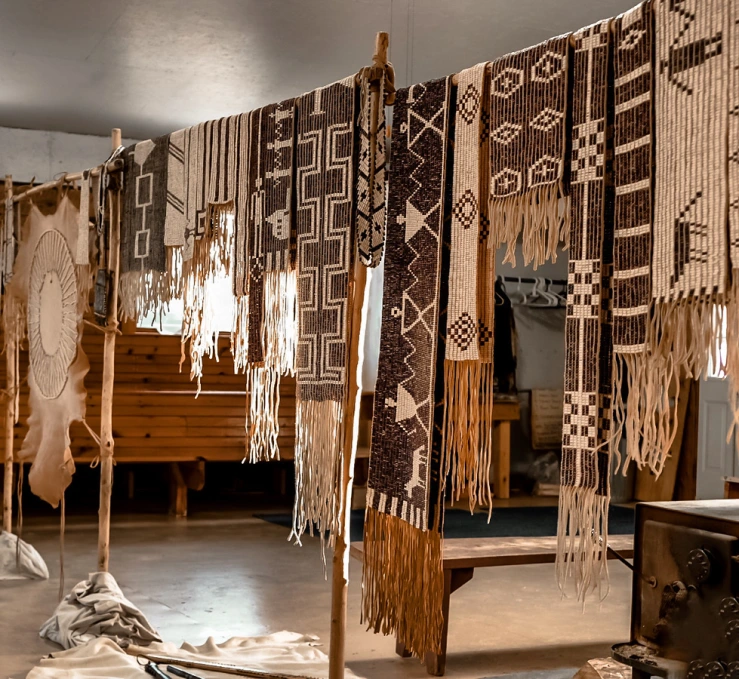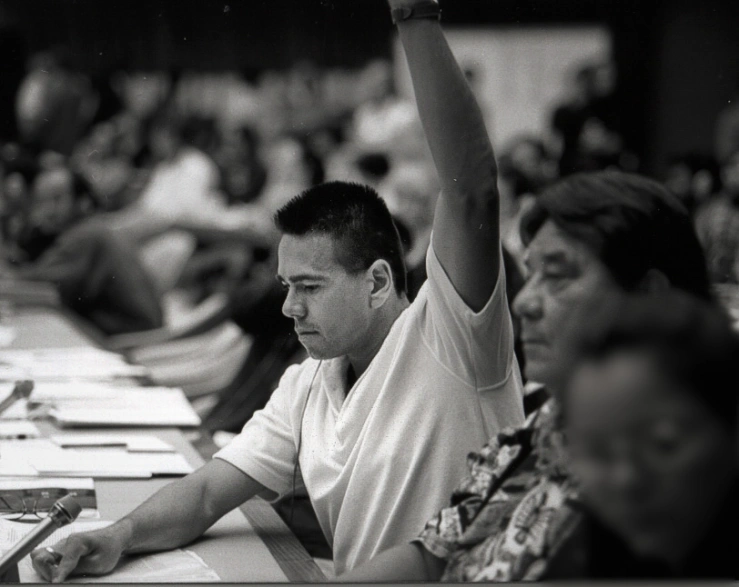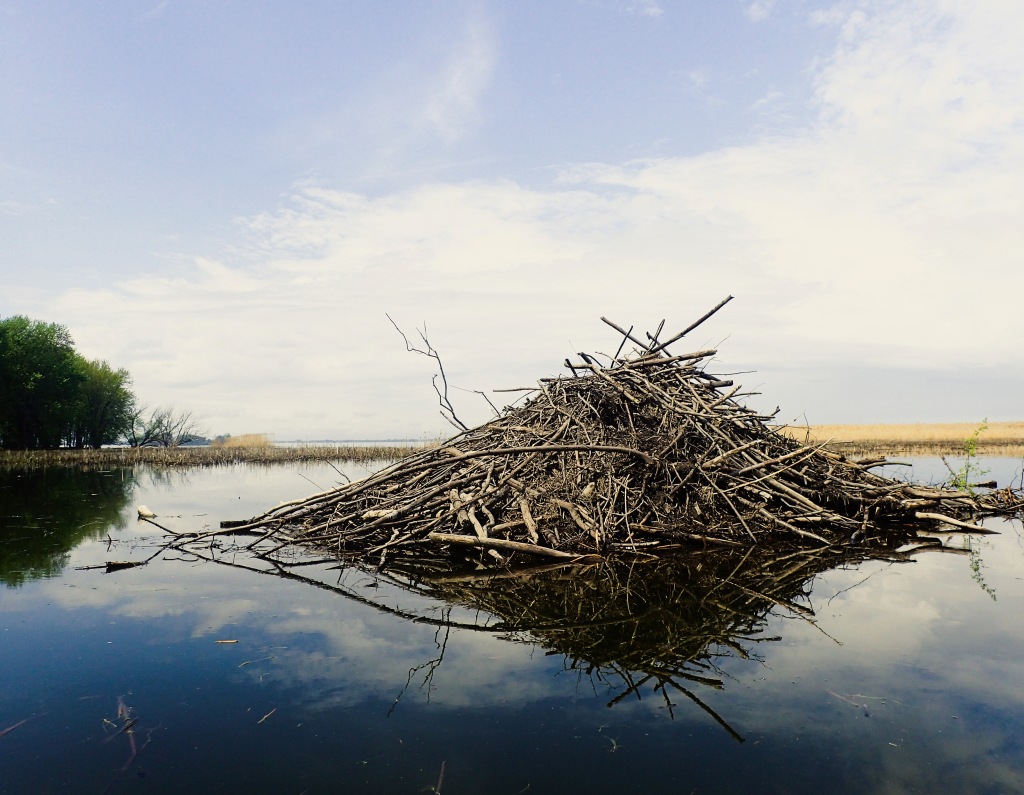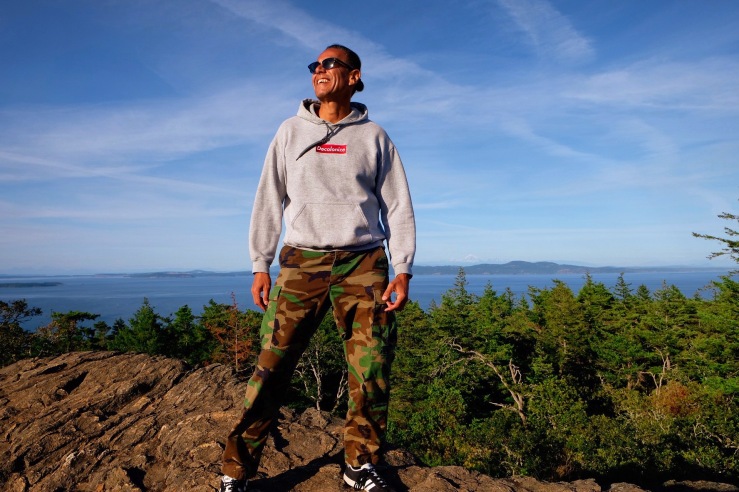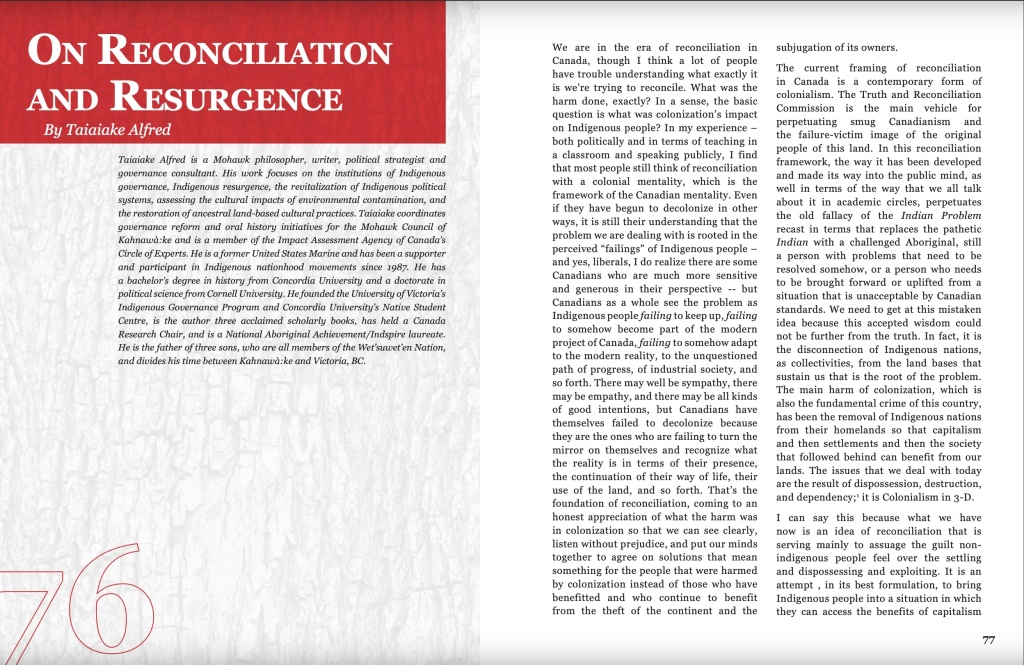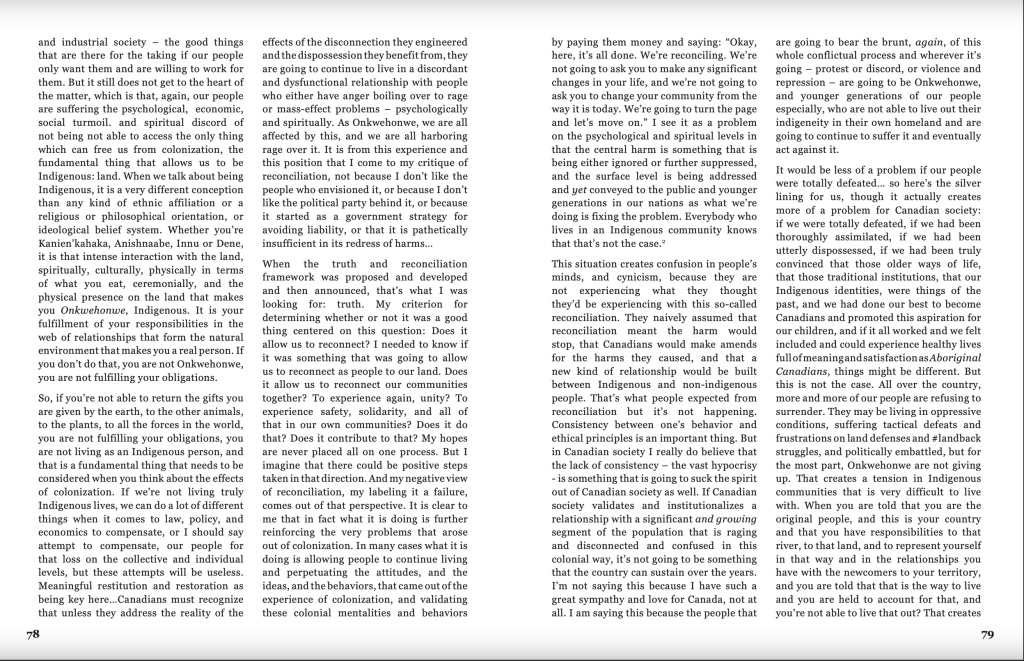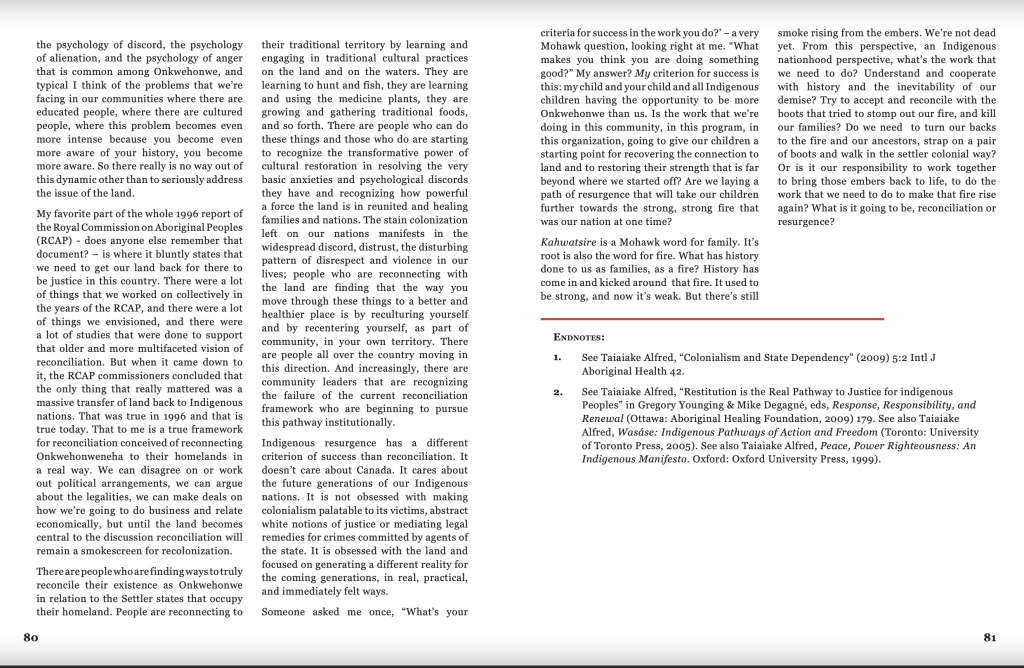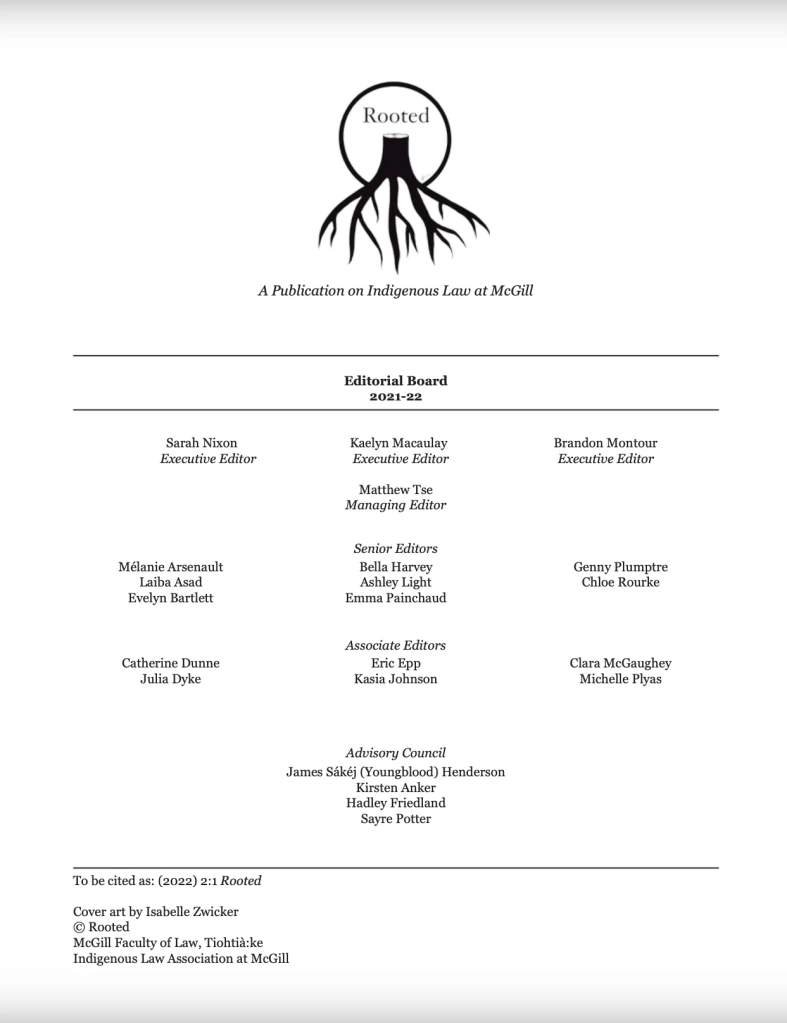Illuminating the First Nations struggles against the Canadian state, It’s All about the Land exposes how racism underpins and shapes Indigenous-settler relationships. Renowned Kahnawà:ke Mohawk activist and scholar Taiaiake Alfred explains how the Canadian government’s reconciliation agenda is a new form of colonization that is guaranteed to fail.
Bringing together Alfred’s speeches and interviews from over the past two decades, the book shows that Indigenous peoples across the world face a stark choice: reconnect with their authentic cultures and values or continue following a slow road to annihilation.
Rooted in ancestral spirit, knowledge, and law, It’s All about the Land presents a passionate argument for Indigenous Resurgence as the pathway toward justice for Indigenous peoples.
Listen to Taiaiake’s August 24, 2023 interview about the book on K1037 Mohawk Radio:
Read an Excerpt and Order the Book from the University of Toronto Press
